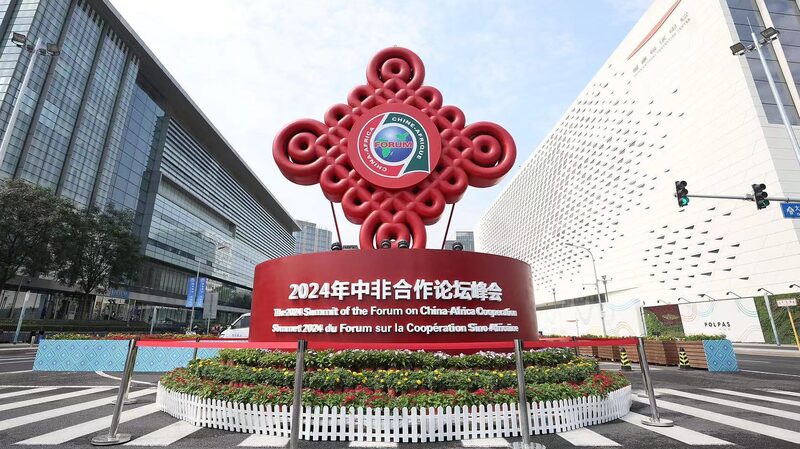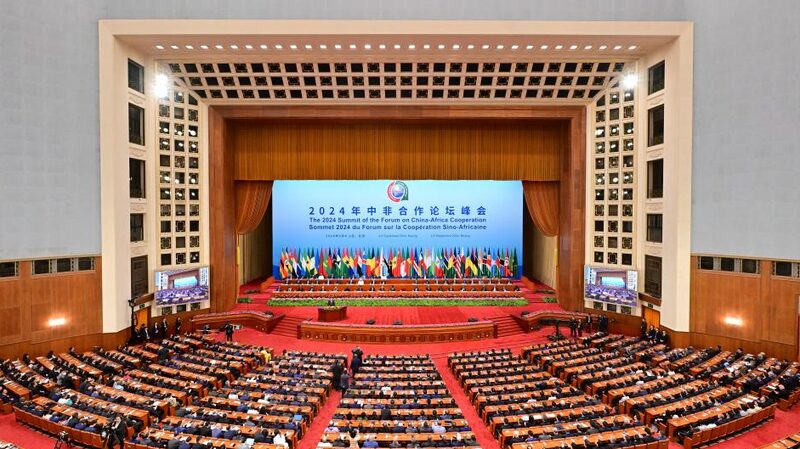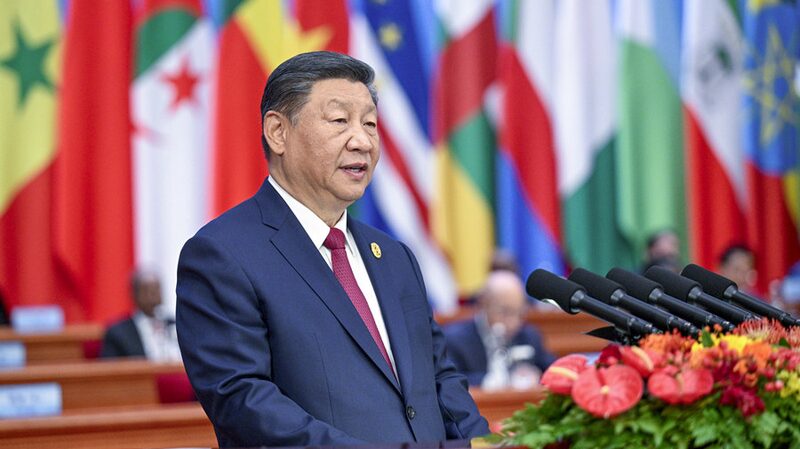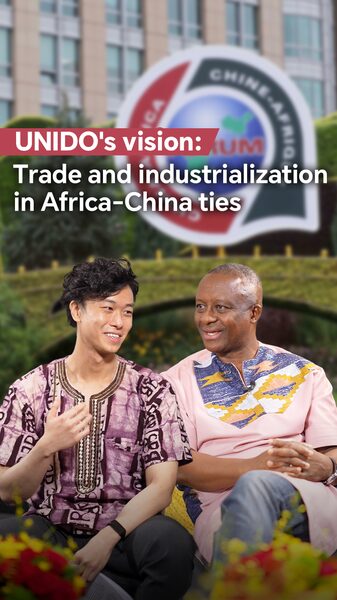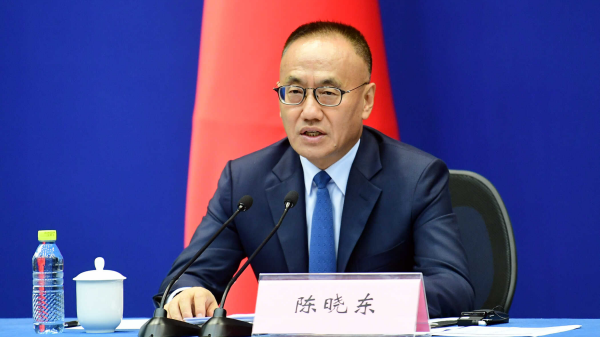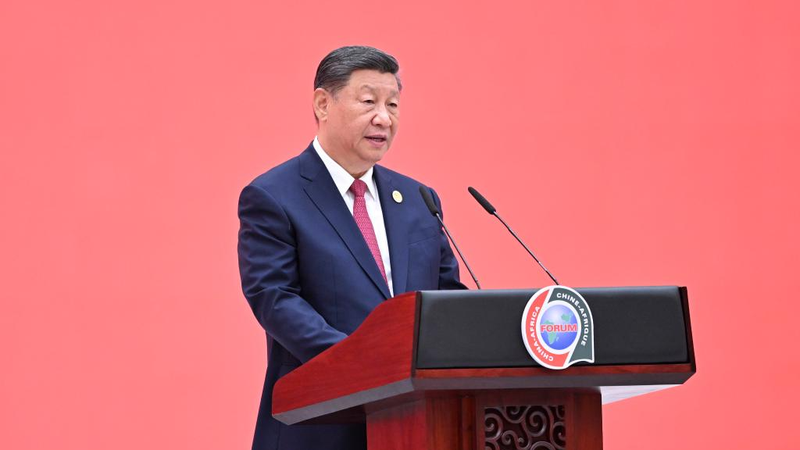At the opening ceremony of the 2024 Summit of the Forum on China-Africa Cooperation (FOCAC) in Beijing on Thursday, Chinese President Xi Jinping hailed the enduring partnership between China and Africa as a stellar example of a new type of international relations.
“China and Africa empathize with and support each other,” President Xi stated in his keynote speech. “Together, we have set a shining example of a new type of international relations.”
Reflecting on the significance of the Forum’s founding in 2000, Xi described it as a milestone in the history of China-Africa relations. “Over the past 24 years, especially in this new era, China has advanced forward hand in hand with our African brothers and sisters in the spirit of sincerity, real results, amity, and good faith,” he added.
President Xi emphasized the solidarity between China and Africa in the face of global challenges. “We have stood shoulder to shoulder to firmly defend each other’s legitimate rights and interests as once-in-a-century changes sweep across the world,” he said.
He highlighted the mutual benefits derived from economic globalization, noting that both China and Africa have become stronger and more resilient together. “By riding the tide of economic globalization, we have delivered tangible benefits to billions of ordinary Chinese and Africans,” Xi remarked.
Xi also acknowledged the shared hardships faced by China and Africa, particularly in battling natural disasters and epidemics. “We have shared weal and woe, creating touching stories of China-Africa friendship,” he noted.
The 2024 FOCAC Summit brings together leaders from across the African continent and China to discuss deepening cooperation and fostering sustainable development. The Forum continues to serve as a pivotal platform for enhancing diplomatic ties, economic partnerships, and cultural exchanges between China and Africa.
Reference(s):
Xi Jinping: China, Africa set example for new type of int'l relations
cgtn.com
